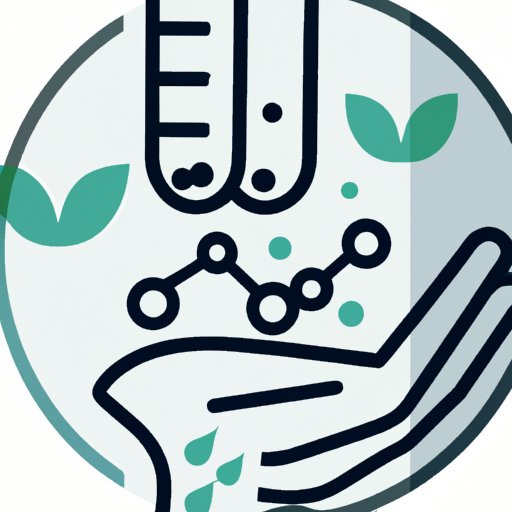Introduction
Life science is a broad field of study that encompasses the many branches of biology, from genetics to ecology. It examines the structure, function, development, and evolution of living organisms, along with the ways in which they interact with their environment. Life science seeks to understand the processes of life, from the smallest cellular level to the largest ecosystems, and the implications these processes have for humans and other species.
At its core, life science is an interdisciplinary field that combines elements from chemistry, physics, mathematics, and computer science. Its aim is to provide a comprehensive picture of the natural world and to explain the fundamental principles of life. By understanding the intricate workings of life, scientists can develop new treatments for diseases, devise more effective conservation strategies, and unlock the secrets of our evolutionary past.

A Guide to Understanding Life Science
Life science can be divided into several major branches, each of which focuses on a different aspect of living organisms. These include genetics, molecular biology, physiology, cell biology, and ecology. Each branch provides unique insights into the diversity and complexity of life, offering an invaluable source of knowledge for researchers and medical professionals alike.
At the heart of life science are core concepts and principles that help us to understand how living organisms work. For example, Darwin’s theory of evolution explains how species change over time in response to environmental pressures. The cell theory states that all living things are composed of cells, and that these cells are the basic unit of life. And the law of biogenesis states that living organisms can only come from other living organisms.
Life science also plays an important role in modern medicine. Medical practitioners rely on the latest research in genetics, physiology, and cell biology to diagnose and treat illnesses. For example, genetic testing is used to detect mutations that may cause certain diseases, while advances in cell biology have enabled researchers to develop new treatments for cancer and other serious illnesses.
Examining the Impact of Life Science on Our Daily Lives
The discoveries made by life science researchers have a direct impact on our daily lives. By studying the interconnectedness of life science and human health, we gain a better understanding of how our lifestyle choices can affect our overall wellbeing. For instance, research has shown that exercising regularly, eating a balanced diet, and getting enough sleep can reduce the risk of developing chronic diseases such as diabetes or heart disease.
Life science also helps us to understand the relationship between humans and the environment. Scientists have studied the effects of climate change, pollution, and deforestation on various ecosystems, and their findings have helped governments to create policies that protect the environment and promote sustainability. By learning more about the complex systems that make up our planet, we can make informed decisions that benefit both humans and the environment.
Conclusion
Life science is an incredibly broad and fascinating field of study. It seeks to understand the fundamental principles of life and the ways in which living organisms interact with their environment. Through rigorous research and analysis, life science has shaped modern medicine, improved human health, and provided crucial insights into our planet’s ecosystems. As our understanding of life science continues to evolve, its impact on our daily lives will become even greater.
In summary, life science is a vast and ever-evolving field of study that seeks to understand the fundamental principles of life. Its discoveries have revolutionized modern medicine, improved human health, and provided us with a greater understanding of our planet’s fragile ecosystems. By continuing to explore the mysteries of life science, we can ensure a healthier and more sustainable future for generations to come.
(Note: Is this article not meeting your expectations? Do you have knowledge or insights to share? Unlock new opportunities and expand your reach by joining our authors team. Click Registration to join us and share your expertise with our readers.)
